The most recent version of the Scrum Guide outlines a scrum master as one of the three areas of accountability. Despite the importance of the role, many misconceptions exist surrounding what a day in the life of a scrum master actually looks like.

For example, many people think a scrum master is similar to a project manager, even though these two roles differ significantly.
This blog post seeks to clearly articulate the nature of the scrum master role, alongside examples of important scrum master traits. Then, the focus will shift towards what employers typically look for when hiring scrum master candidates and conclude with a set of sample interview questions.
The Scrum Guide lays out scrum master responsibilities based on three areas of service:
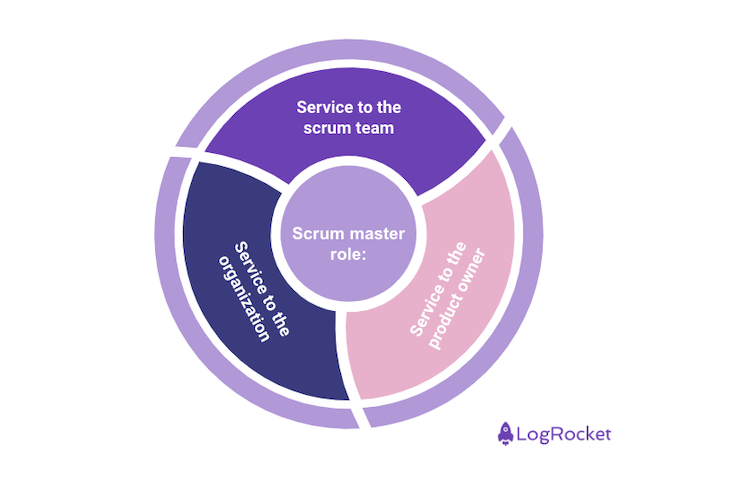
Let’s take a look at each of the three areas.
A scrum master serves a team by coaching team members to understand agile and scrum values, principles, and practices, establishing team norms, and the application of techniques that can help with communication, collaboration, and self-management.
They help the team focus on delivering a valuable product that aligns with business objectives and push their team to work in a way that is effective, efficient, and aligns with organizational norms.
It’s important that scrum masters recognize what things are slowing down or stopping progress and partner with people internal and external to the team to address those challenges.
In the case of disagreement, the scrum master acts as a facilitator, ensuring that scrum events and other team interactions remain positive.
The scrum master partners with the product owner to help articulate and check for ongoing alignment with the product and sprint goal. This includes assisting with the management of the product backlog.
Alongside this, the scrum master helps the product owner in empirical product planning and agile delivery, as well as by facilitating conversations with stakeholders.
The scrum master helps an organization by acting as a trainer in areas such as business agility, scrum, lean, and kanban. They also partner with leaders across the organization to launch agile teams and/or enhance the organization’s understanding of and agile and scrum.
Alongside this, the scrum master facilitates cross-team conversations that focus on dependency management and continuous improvement.
The most effective scrum masters tend to have the following traits:
People who are involved with finding scrum master candidates and making scrum master hiring decisions tend to focus on specific types of experience, understanding of concepts, and training, which are summarized below:
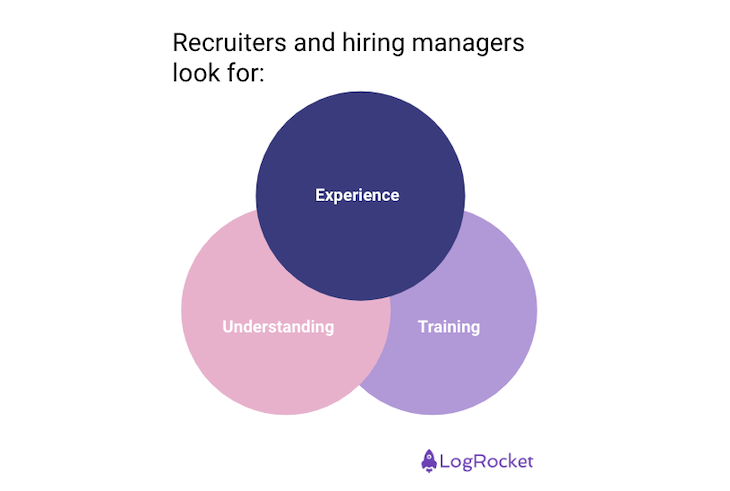
Simply stated, the more agile teams you’ve worked with, the better. Even if you were in a role other than a scrum master, having experience with an agile team is important.
If you’re wondering how to get your first scrum master role, consider gaining experience in a different role on an agile team first, such as a business analyst, data analyst, or systems analyst. Doing so will give you a far better understanding of what it’s like to be a member of an agile team, and if you’re on a scrum team, you’ll have an opportunity to see how scrum masters work.
It’s desirable (but often not a must-have) to have an understanding of and experience in the business domain of a prospective employer. Aside from domain experience, you’ll need to understand and be able to describe in some detail:
Certain certifications may be considered necessary by some employers, such as:
Now let’s take a look at some sample interview questions, grouped by category:
These questions tend to focus on getting a better general understanding of you and what experience you bring to the table. You can expect the following:
After the general questions are out of the way, interviewers will delve into how much you know about scrum and the scrum master role by asking:
These questions delve into “what-if” types of scenarios, which provide greater insight into your understanding of scrum and the scrum master role:
When it comes to interviews for scrum master roles, here are some keys to success:
The scrum master role is characterized by a service-oriented mindset — many practitioners would refer to this as a form of servant leadership. While recognizing that every team is a unique entity, there are important traits that can help you succeed as a scrum master, including humility, empathy, curiosity, adaptability, and situational awareness.
By focusing on building out your understanding of important agile and scrum concepts and gaining experience in working with agile teams in one or more roles, you will be well on your way to a career as an agile practitioner.
Featured image source: IconScout
LogRocket identifies friction points in the user experience so you can make informed decisions about product and design changes that must happen to hit your goals.
With LogRocket, you can understand the scope of the issues affecting your product and prioritize the changes that need to be made. LogRocket simplifies workflows by allowing Engineering, Product, UX, and Design teams to work from the same data as you, eliminating any confusion about what needs to be done.
Get your teams on the same page — try LogRocket today.

Michal Ochnicki talks about the importance of ensuring that the ecommerce side of a business is complementary to the whole organization.
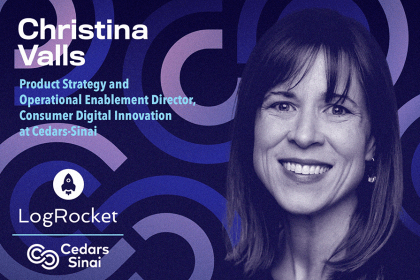
Christina Valls shares how her teams have transformed digital experiences at Cedars-Sinai, including building a digital scheduling platform.
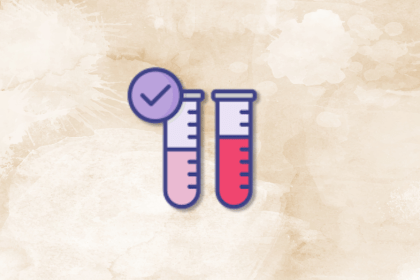
Red-teaming reveals how AI fails at scale. Learn to embed adversarial testing into your sprints before your product becomes a headline.
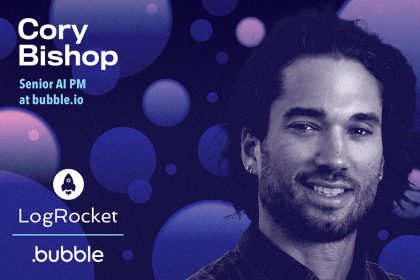
Cory Bishop talks about the role of human-centered design and empathy in Bubble’s no-code AI development product.